Nagoya University
Departments
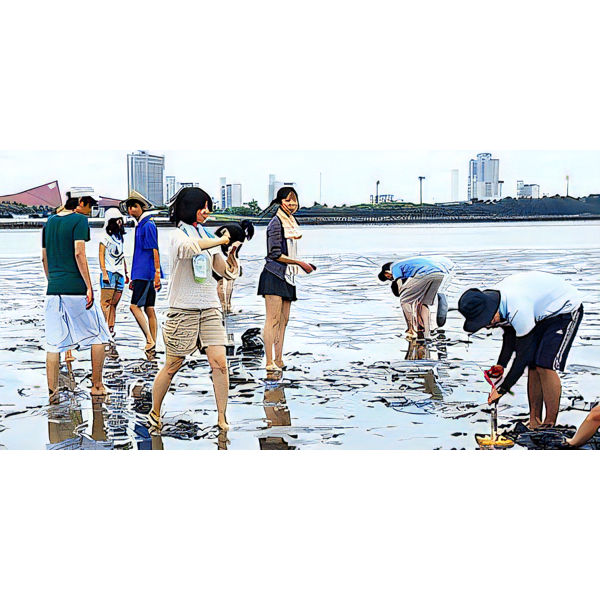
At the Graduate School of Environmental Studies, students gain expertise in a specific field, collaborate with people in other fields of study, and learn to think from a multi-dimensional point of view.
Departments
Department of Earth and Environmental Sciences
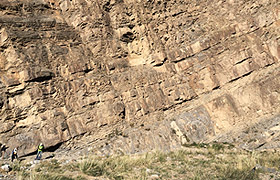
We carry out research and education in the new field of earth environmental science that aims to treat the entire planet including human activity as a whole system. With these programs, we aim to nurture the development of new human resources with the ability to study, evaluate, and analyze the environments of the earth through the use of scientific knowledge related to environmental problems.
About the Department of Earth and Environmental Sciences
Department of Earth and Environmental Sciences SiteDepartment of Environmental Engineering and Architecture
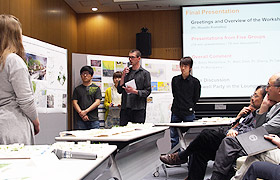
We explore technologies and control systems which improve quality of life (Sustainability). In addition, we establish new relationships amongst natural environment, artificial environment, and human environment in the areas of architecture, urban development, and local areas (Safety and Security).
About the Department of Environmental Engineering and Architecture
Group of Sustainable Development Studies SiteArchitecture Course Site
Department of Social and Human Environment
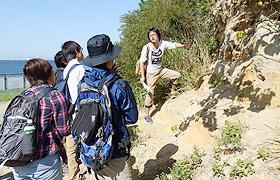
Based on a social scientific approach, we aim to establish an advanced regime which is harmonized with nature. We analyze the modal and function of social environments, examine domestic and foreign laws and policies, and seek opportunities for recommendation. In the process, we train policy making professionals and leaders in the communities in Japan and abroad.
About the Department of Social and Human Environment
Department of Social and Human Environment SiteCenters Attached to Nagoya University
Earthquake and Volcano Research Center
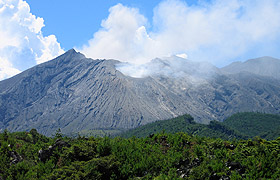
In order to play an important role in solving the mechanisms which cause earthquakes and volcanic eruptions and mitigating associated disasters, the Center strongly promotes the latest research both in theory and observation. The Center’s active roles in the development of new observation techniques and technologies are drawing the attention of experts in Japan. Taking advantage of the humanities-sciences collaborative resources of the Graduate School of Environmental Studies, the Center is engaged in the studies of earthquakes based on historical documents and discovery of disaster occurring mechanisms through collaboration with social sciences researchers.
Education and Research Center for Sustainable Co-Development (ERCSCD)
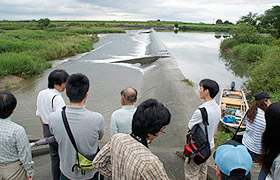
ERCSCD aims to liaise global frameworks and regional activities in efforts for building a sustainable society. To achieve this objective, the Research Center engages in education of global human resources and promotion of research and outreach. In order to resolve issues of both regional and international scale, ERCSCD promotes co-development of developing and developed nations as well as rural and urban regions. Furthermore, the Research Center promotes research, training, and social collaborative activities and aims to step beyond the conventional boundaries of academic institutions. The Consulting Firm for Clinical Environmental Studies within the Research Center serves as a liaison between the community and the university.